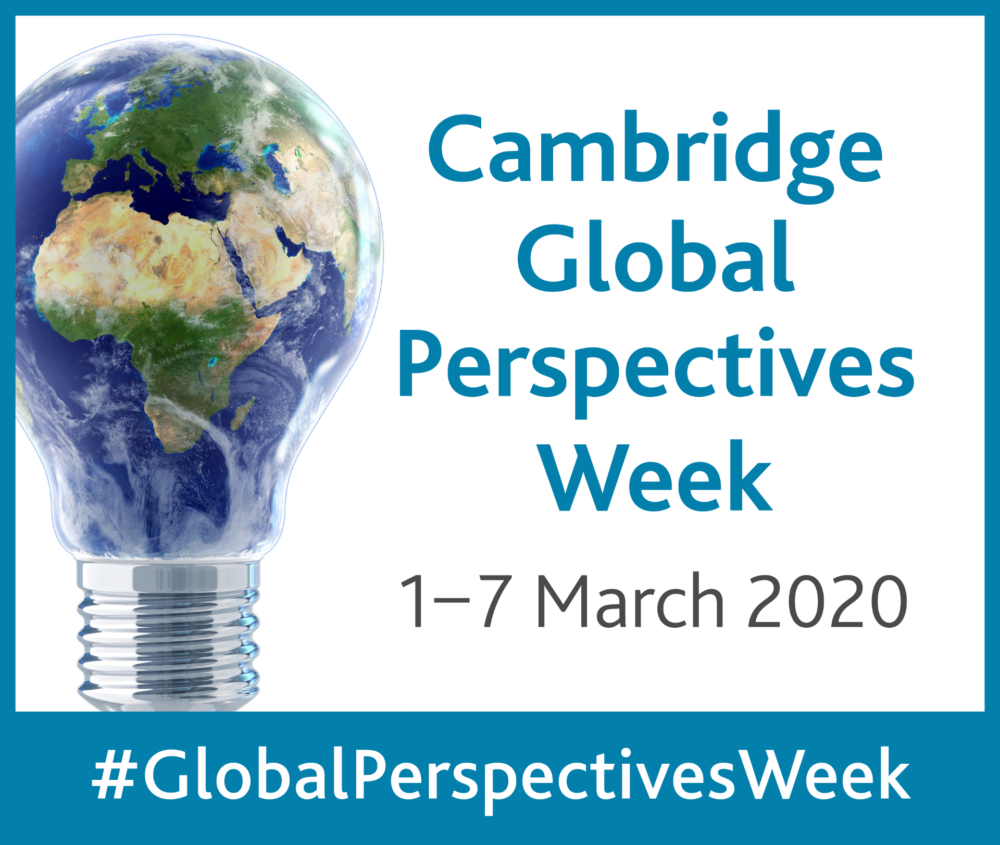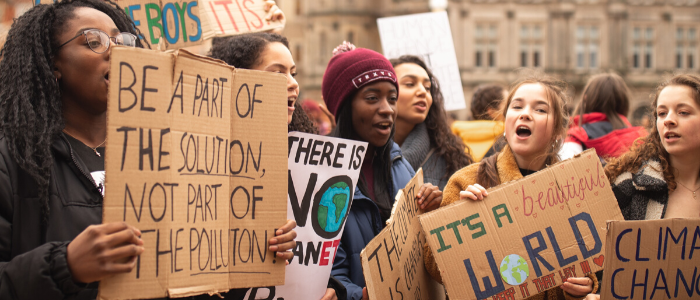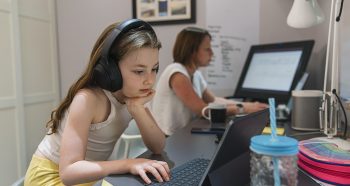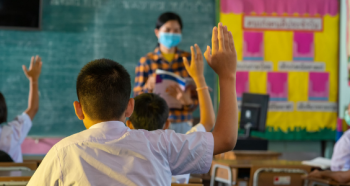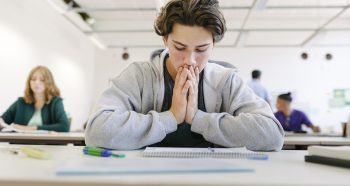2020 brings humanity to the brink of some of the greatest challenges it has ever faced:
- Sustainability: hyper industrialisation and unsustainable consumerism in so-called developed nations is destroying the planet;
- Artificial Intelligence: industry 4.0 with fast-accelerating phenomena including the internet of things, algorithmic power and transhumanism (‘enhancing’ human capabilities through technology), which are challenging classical conceptions of free will and what it means to be human;
- Economic divide: there is a widening economic divide between the privileged, who may benefit from return on capital, and those seeking to enter wealth through income access from ground zero.
At the same time, schools are facing day-to-day challenges that are characteristic of our time:
- Mindfulness: in a screen-saturated environment, hyperactivity, stress and anxiety abound. What are schools doing about this?
- Knowledge: what exactly should we be teaching and why? Knowledge is changing fast and it’s difficult for schools to keep up, at the same time, established canons of knowledge are still recognised and venerated in most circles of power and authority;
- Character: generation Z faces less income access and job stability in the future than their parents did, while facing fierce competition on a global scale. How do we build grit and confidence while retaining ethical principles in our students?
In a sentence, the big question is: how do we ensure students learn about relevant global issues while developing skills and understanding to face future challenges?
I describe and answer this question in my book Educating for the 21st Century: Seven Global Challenges (2019, Brill), which I presented at the Cambridge International 2019 East Asia Schools Conference in China. Based on my findings, I suggest some simple ways that we can make schools future ready. These pathways sometimes lead in different directions and cross over themselves but, as I argue, learning in the 21st century is full of paradoxes that require a subtle and not a blanket approach:
- Start with mindset
The first step is that of the inner-journey to understand the self: as Socrates said, “know yourself”. Students should be given time to set themselves goals and learn to learn about themselves. Metacognitive awareness (or “self-regulation”) gives learners a compass to reach distant learning destinies that they might never have known existed. Students need to be educated in a caring environment where they are confident to take risks, make mistakes, explore ideas fully and fearlessly. Only once this is happening will there be the open and critical engagement with learning that is needed for students to explore their full potential. Think about it, revolutionaries and change-makers (whether individuals or groups) believe in themselves and have a strong sense of purpose. Schools need to use some of the techniques of positive psychology and life coaching to build the self-esteem and self-efficacy that underpins conviction and action. This means that we must develop a caring environment where teachers and the whole school think carefully about how each individual can feel safe, respected and encouraged. A great classroom is not just a place where learning is happening, it’s a place where good relationships are being formed and confidence can grow.
- Deep understanding
In an age of fake news and social media confirmation bias siloes, we need to know what we are talking about with factual, historical and domain-specific accuracy. We cannot tackle problems related to the environment if we have not evaluated exactly what those problems are and where they come from. Conceptualising accurate information is necessary to get to the root cause of an issue. Understanding is predicated by knowing: neurobiology tells us that old-fashioned practices like drill and practice are actually extremely valuable because they enhance higher order thinking by making the retrieval of factual substance automatically available, freeing up psychical energy to deploy such information in the service of solution finding. Problem solvers need to draw from accurate information that has been learned and schools need to make sure that this information is being learned well. Engaging learners in attempts to solve world problems when they do not have the right knowledge at hand or cannot understand the full complexity of the situation is not very useful cognitively.
- Practice skills
Although attempting to develop skills without knowledge is very unlikely to develop powerful outcomes or genuine solutions, the paradox is that we know that skills need to be put into action and practiced from a young age in order to habituate young people to behaving in a problem-solving, solution-oriented way. As far back as Aristotle, we have seen how any child can be encultured into ways of approaching the world. So having young learners and those who have not yet mastered knowledge engage in skills such as research, analysis, evaluation, reflection, collaboration and communication is still important. Increasingly, we are seeing competences influence educational frameworks, as there is a growing awareness that a better world will require more than knowledge – but skills and dispositions too.
Hence, the environment for skills development must be created through in-situ scenarios where higher-order thinking is engaged, if not for the mental product of what is designed then for the habituation of approach. This is something that the Cambridge Global Perspectives™ programme does effectively.
Age of Paradox
Of course, there are not just problems to solve in the world. You could argue that we’ve never had it this good: people (on average) have greater access to knowledge, better health care, and greater networking possibilities than ever before. Dickens’ masterful opening lines of A Tale of Two Cities expresses it well: “It was the best of times, it was the worst of times”. Therefore, educational approaches need to be subtle enough and dexterous enough to reflect such a paradox. If all else fails, let’s do what we can to ensure that our learners are given every chance to believe in themselves, to be wise and to be ethical.
